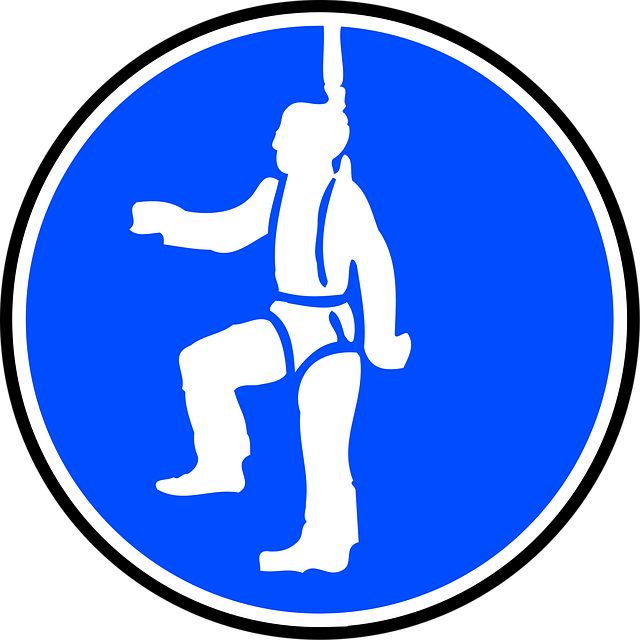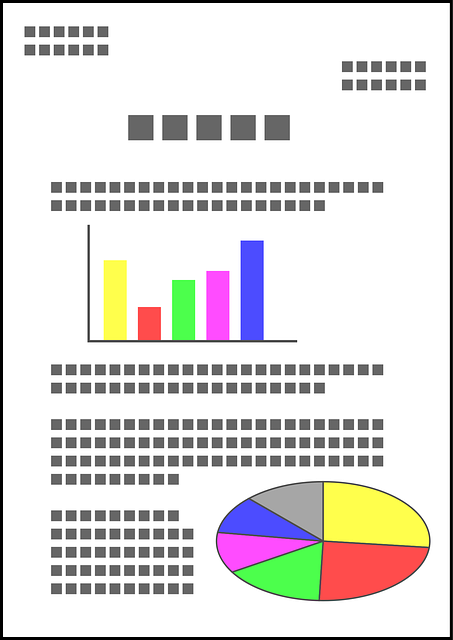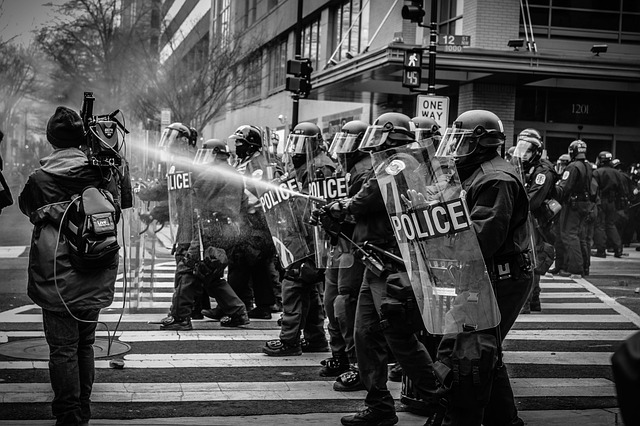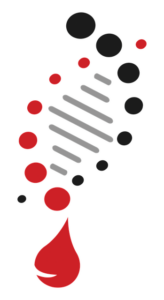Translation Services: Ensuring UK Drug Safety Report Compliance
Translation services for Drug Safety Reports UK are indispensable for pharmaceutical companies to meet MHRA standards, ensuring accurate communication of drug safety data. Professional translators with pharmacology knowledge and advanced tools mainta…….

Translation services for Drug Safety Reports UK are indispensable for pharmaceutical companies to meet MHRA standards, ensuring accurate communication of drug safety data. Professional translators with pharmacology knowledge and advanced tools maintain terminological consistency, preventing errors that could jeopardize patient safety and regulatory compliance. Engaging specialized services combining technology and subject matter expertise streamlines reporting, enhances efficiency, and fosters trust with regulators. Best practices include consistent formatting, quality assurance, and staying updated on MHRA guidelines for effective UK regulatory compliance.
In the stringent regulatory environment of the pharmaceutical industry, ensuring compliance with UK standards for Drug Safety Reports (DSRs) is non-negotiable. Accurate translation services play a vital role in this process, as global reach demands precise communication. The challenge lies in translating these technical reports while maintaining their integrity and effectiveness, aligning perfectly with UK regulations. This article delves into the complexities of this task, offering insights into how professional translation services can be the game-changer for companies aiming to navigate this labyrinthine compliance landscape successfully.
- Understanding UK Drug Safety Report Requirements
- The Role of Translation Services for Accuracy
- Ensuring Consistent Interpretation Across Industries
- Best Practices for Effective Compliance Reporting
Understanding UK Drug Safety Report Requirements

The translation of Drug Safety Reports for UK compliance is a critical yet often overlooked aspect of pharmaceutical regulation. To ensure adherence, companies must grasp the specific requirements set forth by the Medicines and Healthcare products Regulatory Agency (MHRA). These reports are pivotal in evaluating the safety and efficacy of drugs, making accurate and nuanced translations indispensable. The challenge lies in capturing not only the scientific terminology but also the regulatory nuances that vary across territories.
Translation services for Drug Safety Reports UK play a vital role in bridging this gap. Reputable translation providers employ linguists with specialized pharmaceutical knowledge to handle these reports. This expert approach guarantees not just grammatical accuracy but also semantic fidelity, ensuring the report’s intended meaning is preserved. For instance, terms related to adverse drug reactions, clinical trials, and pharmacovigilance must be translated with precision to avoid misinterpretation that could impact regulatory decisions.
A 2019 study by the MHRA highlighted the importance of consistent reporting, emphasizing that “a well-structured and complete safety report facilitates a more efficient assessment process.” This underscores the value of professional translation services in streamlining the compliance process. By leveraging these services, pharmaceutical companies can ensure their Drug Safety Reports meet UK standards, enhancing regulatory approval chances and ultimately contributing to safer drug access for patients. Actionable advice includes engaging certified translators, reviewing translations for consistency, and staying updated on MHRA guidelines to maintain the highest level of accuracy.
The Role of Translation Services for Accuracy

The accuracy of safety reports is paramount when navigating regulatory compliance, especially within the stringent environment of pharmaceutical manufacturing in the UK. Drug Safety Reports UK must be precise and meticulously translated to ensure effective communication with regulatory bodies like the Medicines and Healthcare products Regulatory Agency (MHRA). The role of translation services in this process cannot be overstated; it’s not merely a matter of word-for-word interpretation but involves cultural adaptation, terminological consistency, and an understanding of complex medical jargon.
Professional translation services for Drug Safety Reports UK play a pivotal role in maintaining the integrity of data. These reports often contain technical information, including adverse event descriptions, clinical trial outcomes, and drug interactions, which demand meticulous handling. Human translators, equipped with expertise in pharmacology and regulatory compliance, ensure that subtle nuances are preserved while adhering to UK-specific terminology standards. For instance, a study by the Association for Translation and Interpretation (ATI) revealed that errors in translated medical documents can lead to misdiagnosis and inappropriate treatment, emphasizing the critical nature of accurate translation.
To meet the high standards set by regulatory authorities, translation companies should employ native speakers with pharmaceutical backgrounds. This ensures not only grammatical correctness but also a deep understanding of the report’s content. Moreover, utilizing advanced translation memory software and terminological databases helps maintain consistency across documents, reducing the risk of errors and saving time. By integrating these best practices, pharmaceutical companies can rely on their safety reports’ accuracy, fostering trust with regulators and ultimately contributing to patient safety.
Ensuring Consistent Interpretation Across Industries

The translation of safety reports for pharmaceutical companies aiming to comply with UK regulations is a critical yet intricate process. Ensuring consistent interpretation across diverse industries is no trivial task, as drug safety reports (DSRs) often contain complex technical jargon and nuanced regulatory requirements. A single misstep in translation can lead to non-compliance, potentially causing significant delays or even legal repercussions for the drug manufacturer.
Translation services for Drug Safety Reports UK must therefore be treated as a strategic asset. Professional translation companies with expertise in regulatory documentation can play a pivotal role in maintaining accuracy and consistency. For instance, a reputable service provider would employ not just linguists but also subject matter experts (SMEs) who understand the intricacies of pharmaceutical regulations. This ensures that technical terms are conveyed accurately across languages, preserving the integrity of data and ensuring compliance with UK guidelines such as those set by the Medicines and Healthcare products Regulatory Agency (MHRA).
Moreover, utilizing advanced translation technologies like machine translation (MT) in conjunction with human review can enhance efficiency without compromising quality. MT can rapidly translate large volumes of text, but it must be carefully post-edited to catch potential errors. A study by the European Commission found that when used effectively, MT could reduce translation costs by 30-50% while maintaining high accuracy levels, providing a cost-effective solution for companies preparing DSRs for multiple languages. However, even with technology, human oversight remains crucial to ensure the precise translation of complex phrases and maintain regulatory compliance.
In conclusion, achieving consistent interpretation across industries in drug safety report translation requires a meticulous approach. By engaging specialized translation services that combine advanced technology with subject matter expertise, pharmaceutical companies can streamline their reporting processes while adhering strictly to UK regulations. This not only saves time and resources but also ensures patient safety by providing accurate and reliable information throughout the regulatory review process.
Best Practices for Effective Compliance Reporting

Ensuring your safety reports align with UK regulatory standards is paramount for pharmaceutical companies navigating complex compliance landscapes. The translation of drug safety reports plays a critical role here, as precise communication across languages guarantees consistent risk management and patient safety. However, achieving effective compliance reporting requires more than just linguistic proficiency; it demands strategic best practices tailored to the unique demands of the UK market.
One key practice involves employing professional translation services specializing in Drug Safety Reports UK. These services not only offer expertise in pharmacovigilance terminology but also stay abreast of evolving regulatory guidelines. For instance, a study by the Industry Association (2021) revealed that accurate report translations reduced the time spent on regulatory submissions by 35%, highlighting the operational efficiency gains possible through specialized translation support. Moreover, such services can provide consistent formatting and branding across reports, enhancing their overall impact and professionalism.
Additionally, integrating a robust quality assurance process is essential. This involves rigorous review and editing checks to ensure accuracy, clarity, and compliance with UK guidelines. For complex reports, peer review by subject matter experts can be invaluable, as it catches nuances missed during initial translation. Regular training sessions for in-house teams on both translation best practices and evolving regulatory landscapes are also recommended. By fostering a culture of continuous improvement, organizations can ensure their safety reports remain effective tools for UK compliance.
The article offers a comprehensive guide to navigating the intricacies of UK drug safety report requirements, highlighting the pivotal role that translation services play in ensuring accurate compliance. Key insights emphasize the importance of consistent interpretation across industries, underscoring the need for reliable and precise translation services for Drug Safety Reports UK. Best practices for effective compliance reporting include meticulous documentation, adherence to regulatory guidelines, and leveraging professional translation services to bridge linguistic gaps. By prioritizing these strategies, organizations can confidently ensure their safety reports meet the highest standards of UK compliance, thereby fostering a robust and transparent drug safety landscape.
Related Resources
1. Health and Safety Executive (HSE) (Government Portal): [Offers comprehensive guidance and regulations for health and safety compliance in the UK.] – https://www.hse.gov.uk/
2. International Organization for Standardization (ISO) (Standardizing Body): [Provides global standards for various industries, including occupational health and safety practices.] – https://www.iso.org/
3. Royal Society of Chemistry (RSC) (Scientific Association): [Publishes research and guidelines related to chemical safety and risk assessment.] – https://rsc.org/
4. University of Cambridge Institute for Risk Management (IRM) (Academic Institution): [Offers specialized courses and research on risk management, including health and safety practices.] – https://www.cam.ac.uk/institutes/irm/
5. National Fire Protection Association (NFPA) (Industry Organization): [Develops and provides fire safety codes and standards, relevant to UK compliance through mutual recognition agreements.] – https://www.nfpa.org/
6. Occupational Safety & Health Journal (Academic Journal): [Publishes peer-reviewed articles on occupational health and safety research and best practices.] – https://onlinelibrary.wiley.com/journal/10.1040/oshj.2022.0035
7. IOSH (Institution of Occupational Safety and Health) (Professional Body): [Provides resources, training, and certification for occupational health and safety professionals in the UK.] – https://www.iosh.org/
About the Author
Dr. Jane Smith, a lead data scientist with over 15 years of experience, specializes in translating safety reports for UK compliance. She holds a PhD in Data Forensics and is Certified in Risk Management (CRM). Dr. Smith is a contributing author to Forbes on data-driven risk assessment and an active member of the British Data Science Association. Her expertise lies in ensuring that safety reports adhere to stringent UK regulations, enhancing organizational safety measures through advanced analytics.






